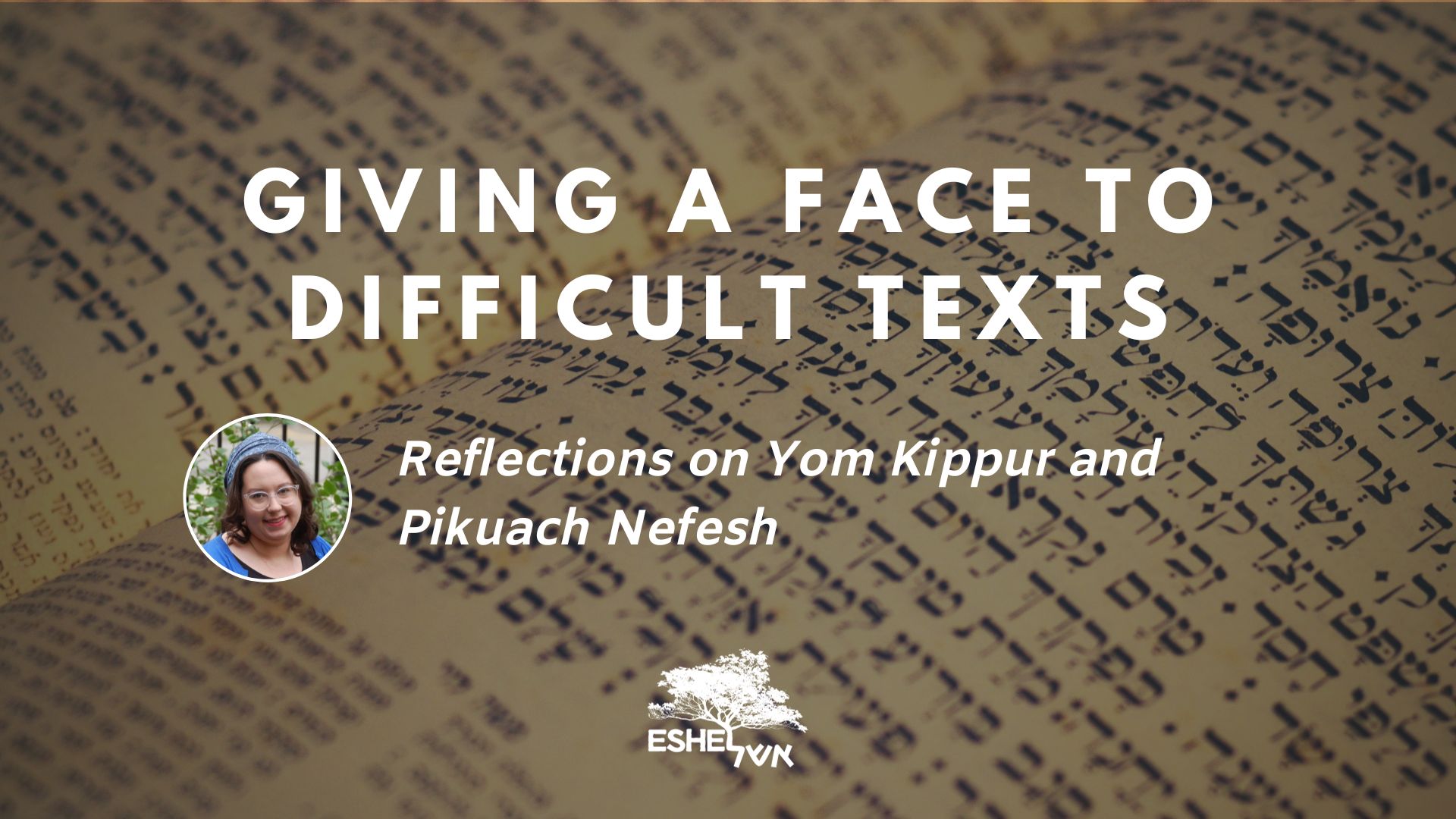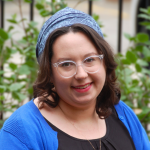
The Torah reading for Yom Kippur mincha contains some of the more difficult verses for lesbian, gay, and bisexual Jews. On Yom Kippur, we read both Leviticus 18:22 and the proscription against following מעשה ארץ מצרים. For many of us, these verses imbue a painful layer to the day. Many years ago, in conjunction with the fifth anniversary of Trembling Before G-d, Rabbi Steve Greenberg shared some words of Torah about the Yamim Noraim.
In one of the videos talking about Yom Kippur, he says:
“The people who decide what this verse means have never heard my story, they haven’t heard our stories. And if they did, they wouldn’t be so certain about what that verse means. I realized that what our first task is, is to take texts and give them faces – our faces.”
In the years since, we have been working to share our stories – to give faces to the text – to our Rabbis, our teachers, our communities, and our friends. A significant part of our work at Eshel – the education and advocacy that we do – is built on the foundation of sharing our experiences, our pain, and our love for God and halacha that has drawn us to pursue an Orthodox life, as well as the rejection and hurt that has made it feel impossible for so many others to do so.
And yet on Yom Kippur, in this same Torah reading, we also read:
וּשְׁמַרְתֶּם אֶת־חֻקֹּתַי וְאֶת־מִשְׁפָּטַי אֲשֶׁר יַעֲשֶׂה אֹתָם הָאָדָם וָחַי בָּהֶם
You shall keep My laws and My rules, which a person should do and live by them.
From this verse, we derive the mitzvah of saving a life, pikuach nefesh. The Talmud explicitly states that we should live by these laws and not die by them. Eshel’s work supporting LGBTQ+ people through our warmline, the guidance we offer, and our support groups, in addition to building communities so that we can feel less alone, is pikuach nefesh.
I hope that this year we have more opportunities to share the stories of our lives, and that by doing so we can provide hope to those who are quietly suffering in our communities. Next month, we will be bringing the Israeli film Holy Closet (Aron Hakodesh in Hebrew) to its US premiere. The film is heartwarming, funny, and deeply moving. It portrays LGBTQ+ individuals, couples, and extended families living by the mitzvot – engaged in day-to-day life, and religious observance, with joy.
PS: If you’re looking for additional resources about understanding Leviticus 18:22, check out the message from Rabbi Steve Greenberg from Parshat Acharei Mot.

